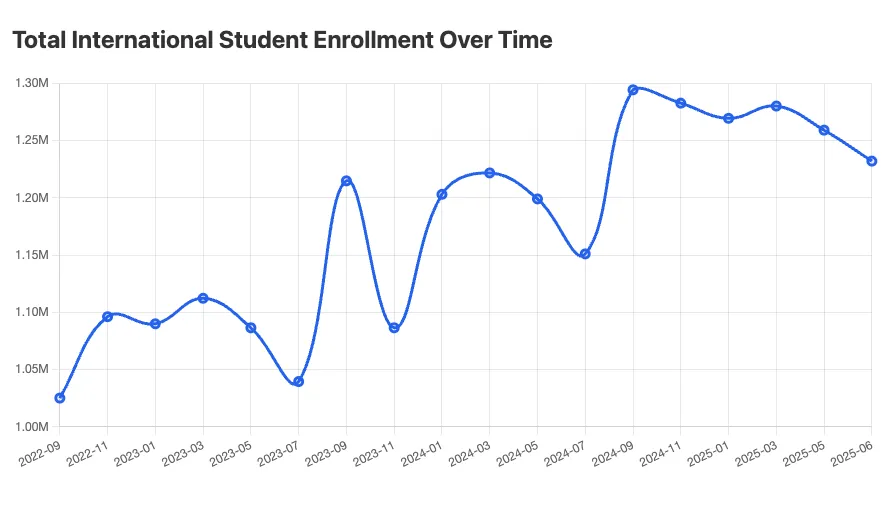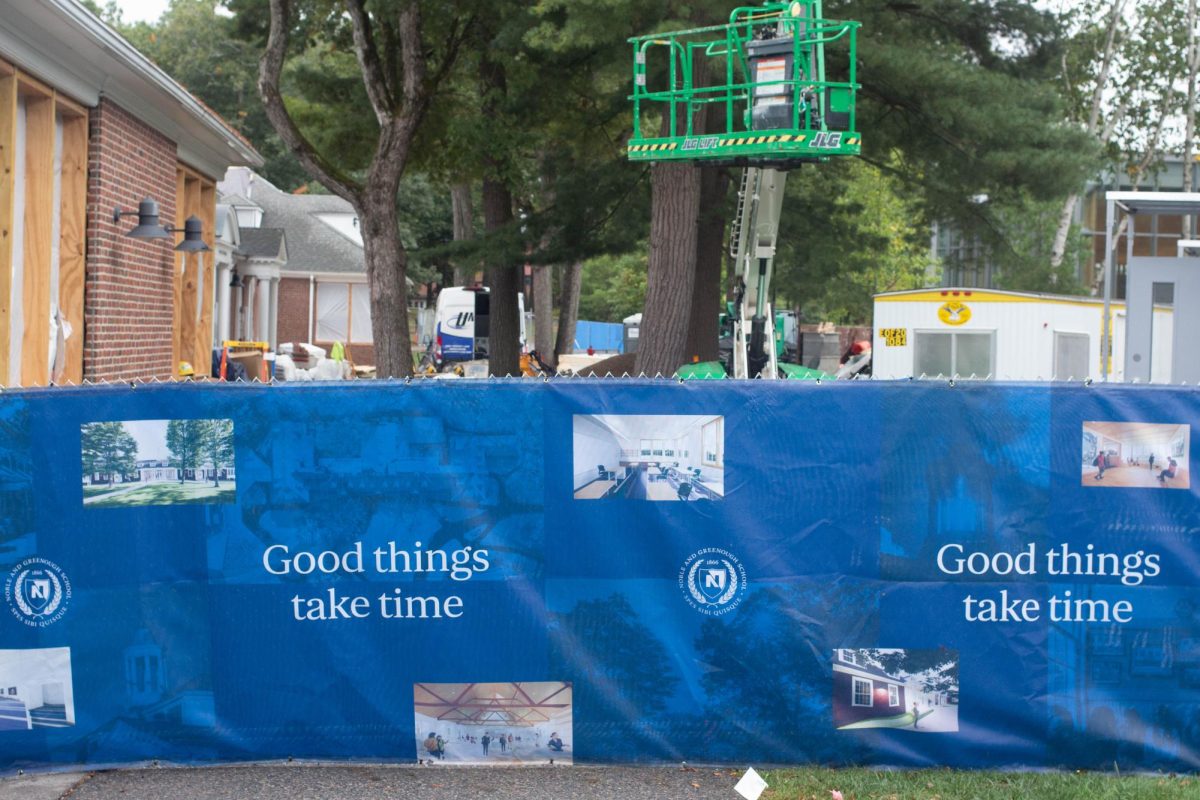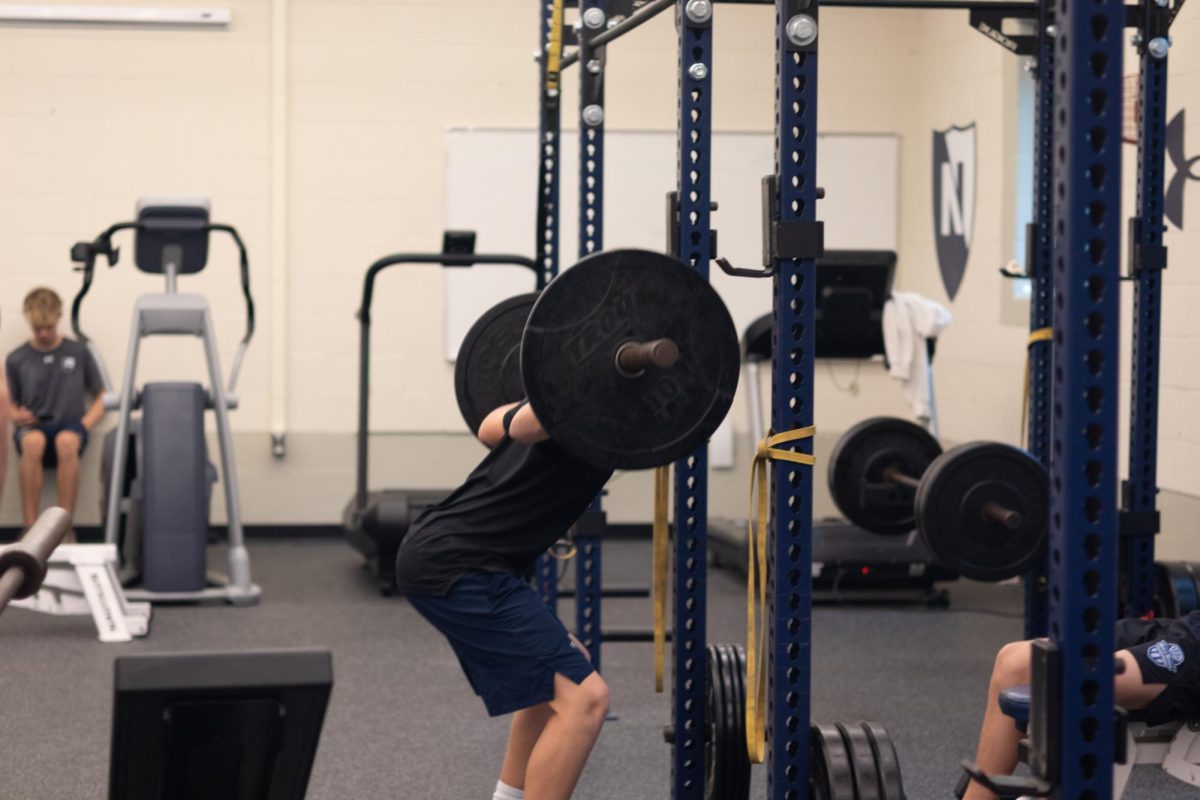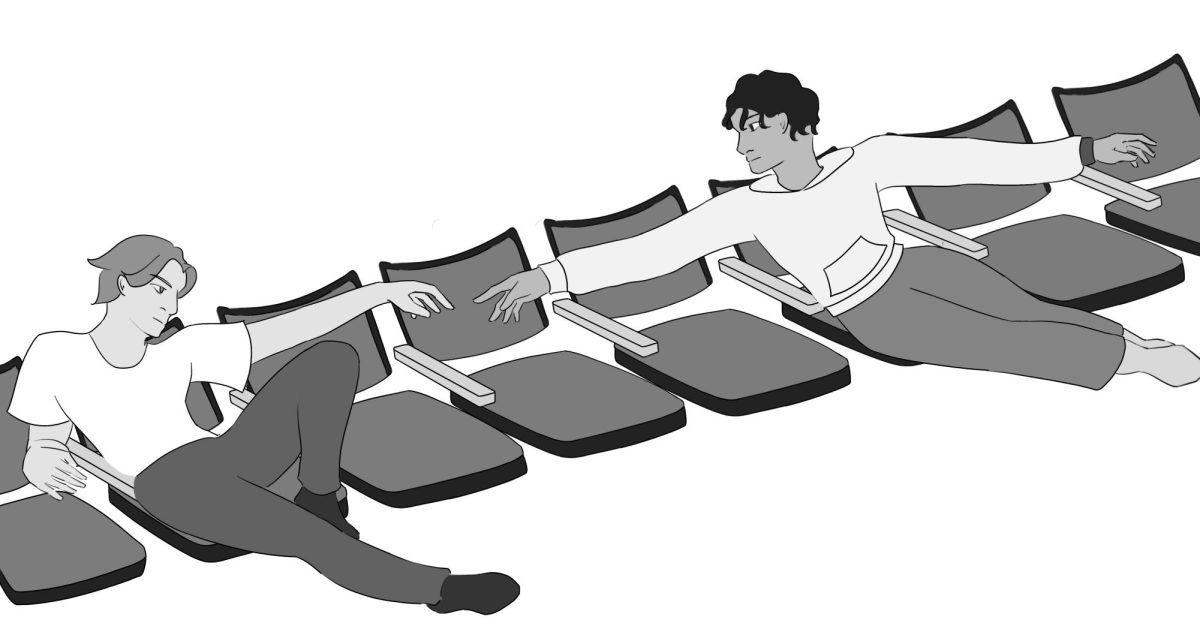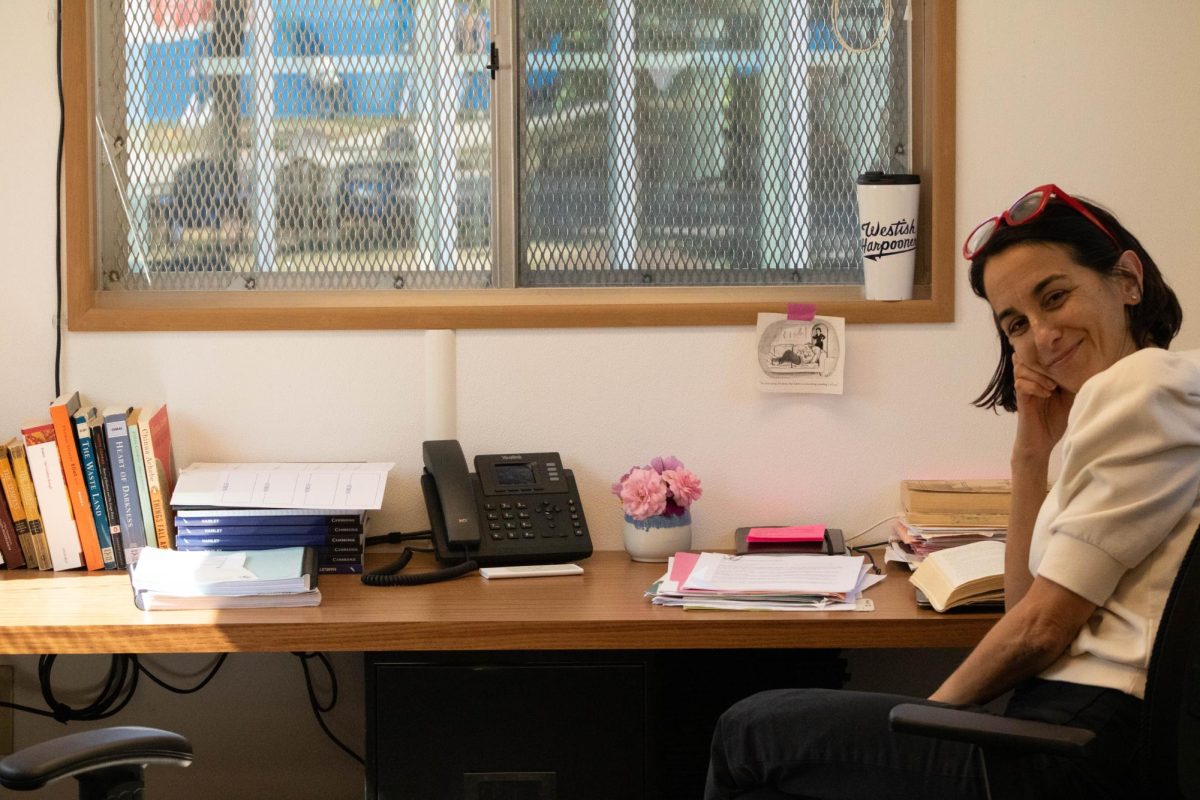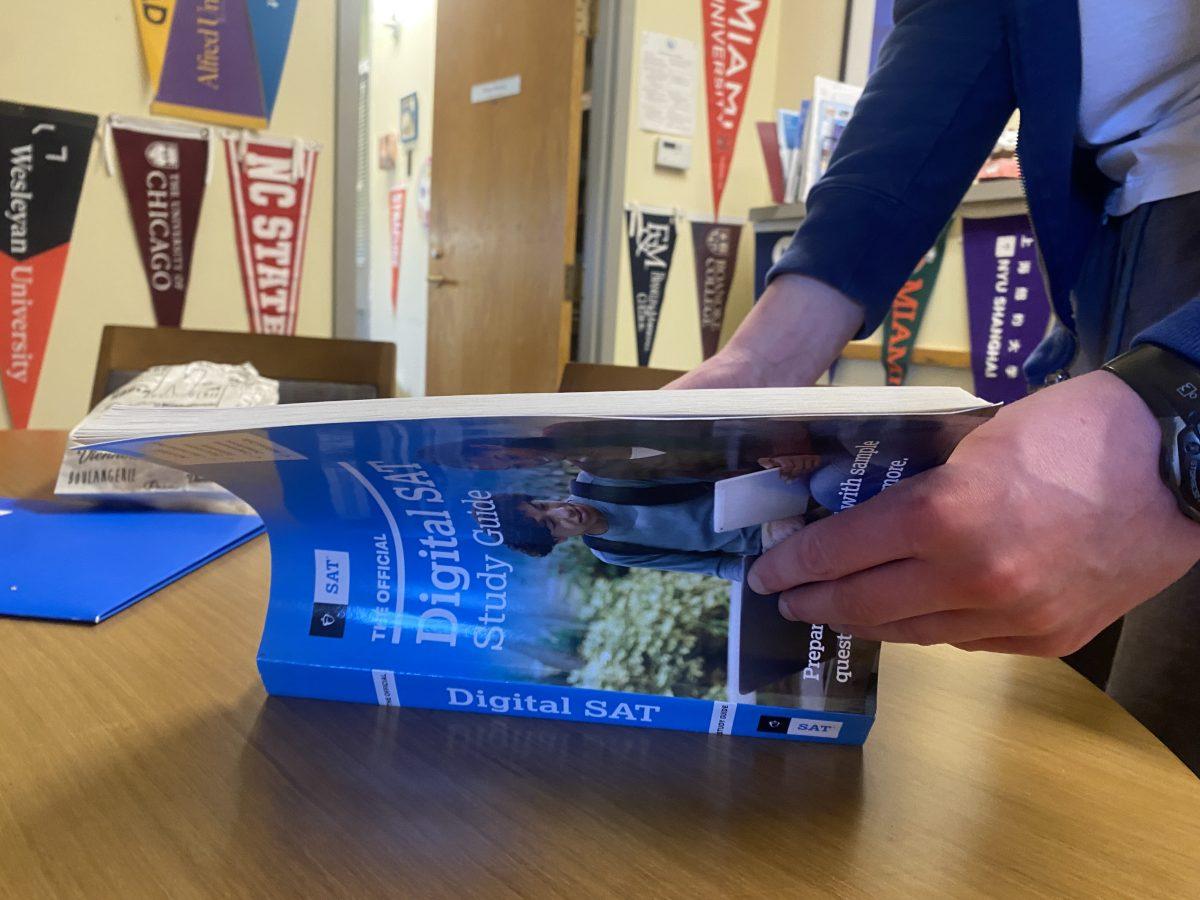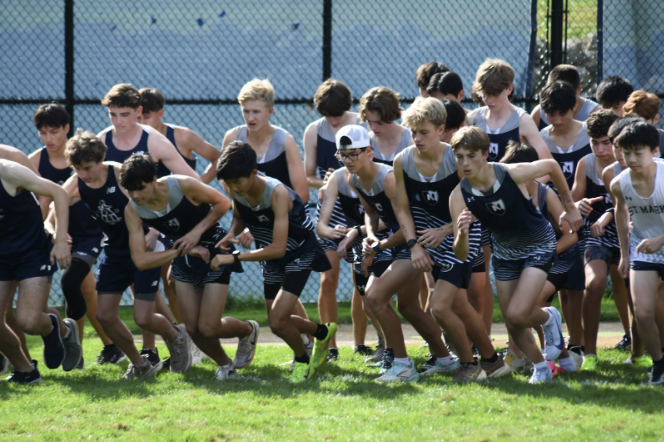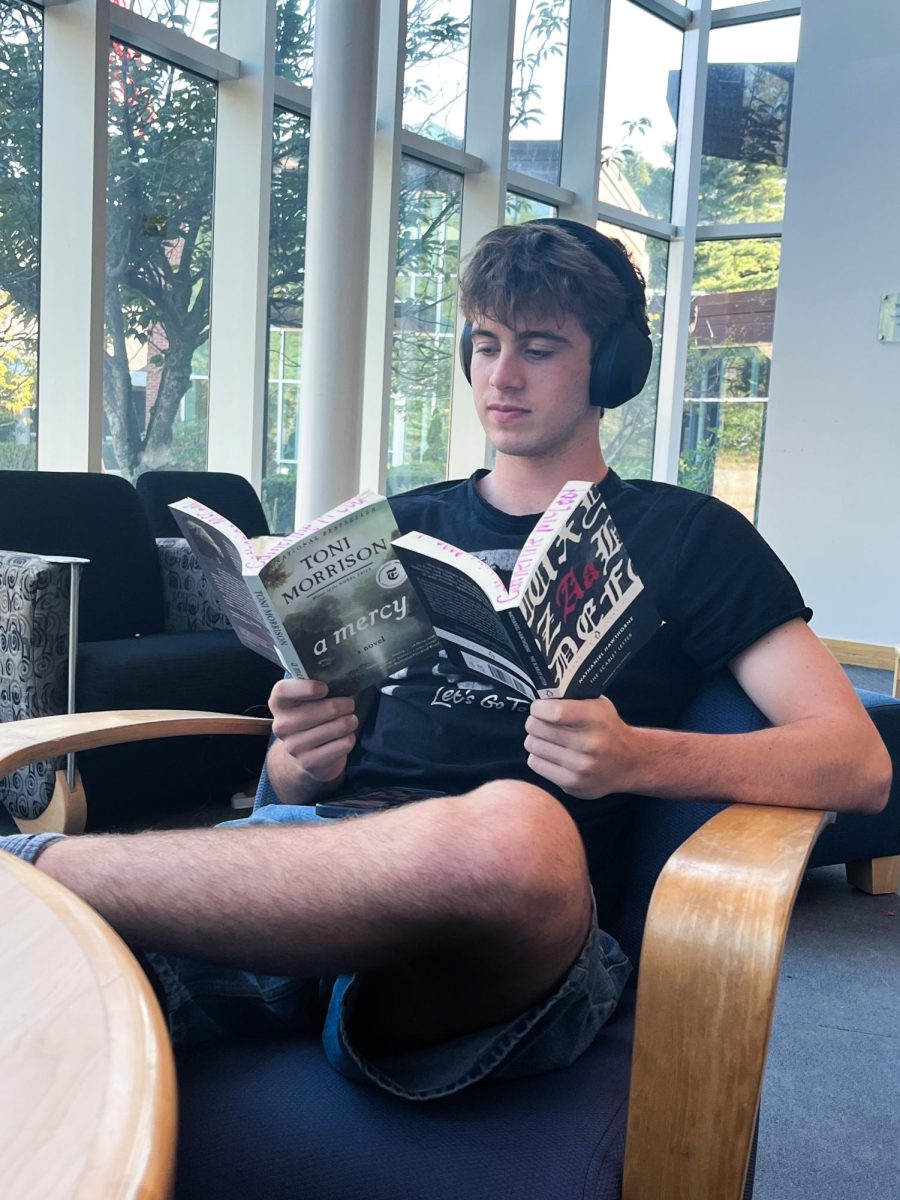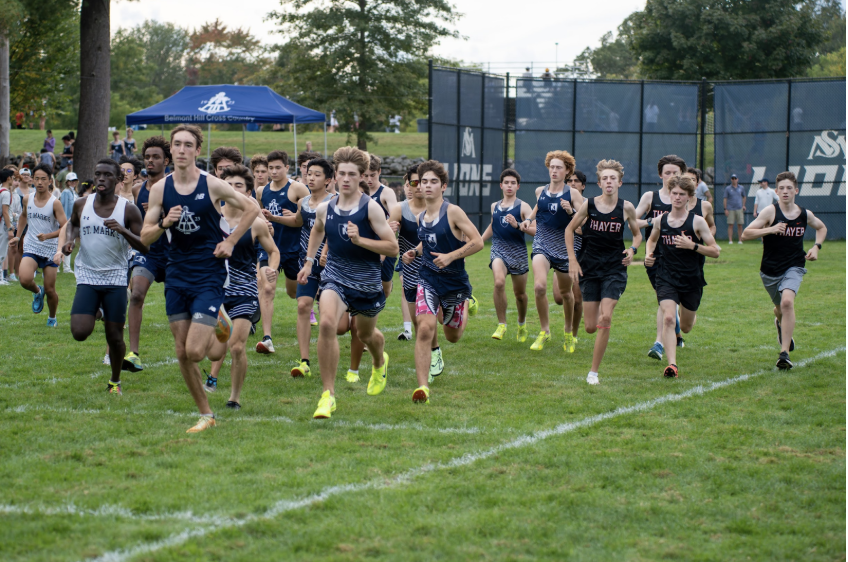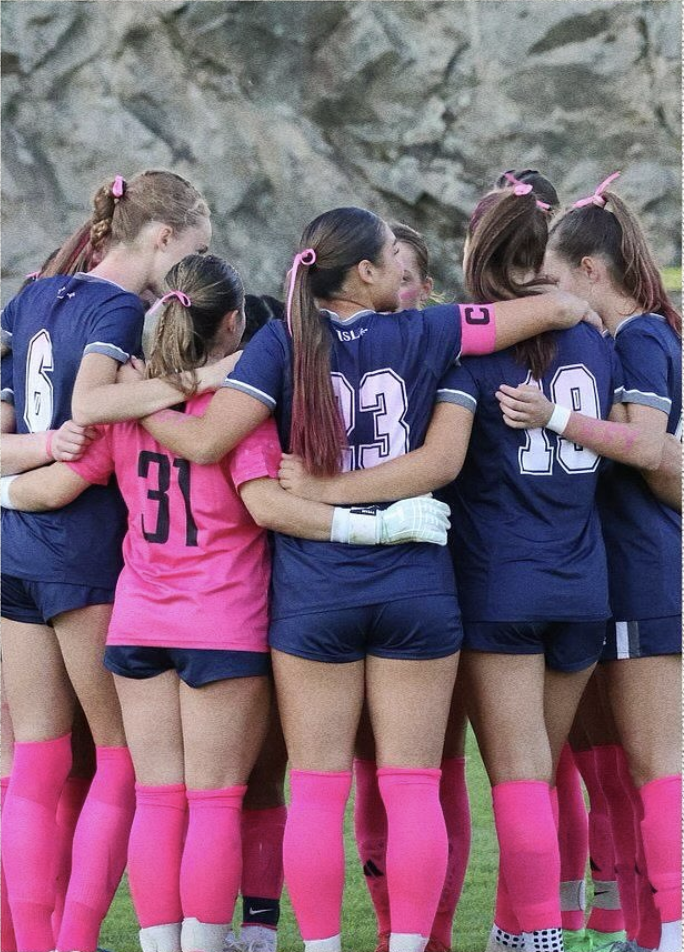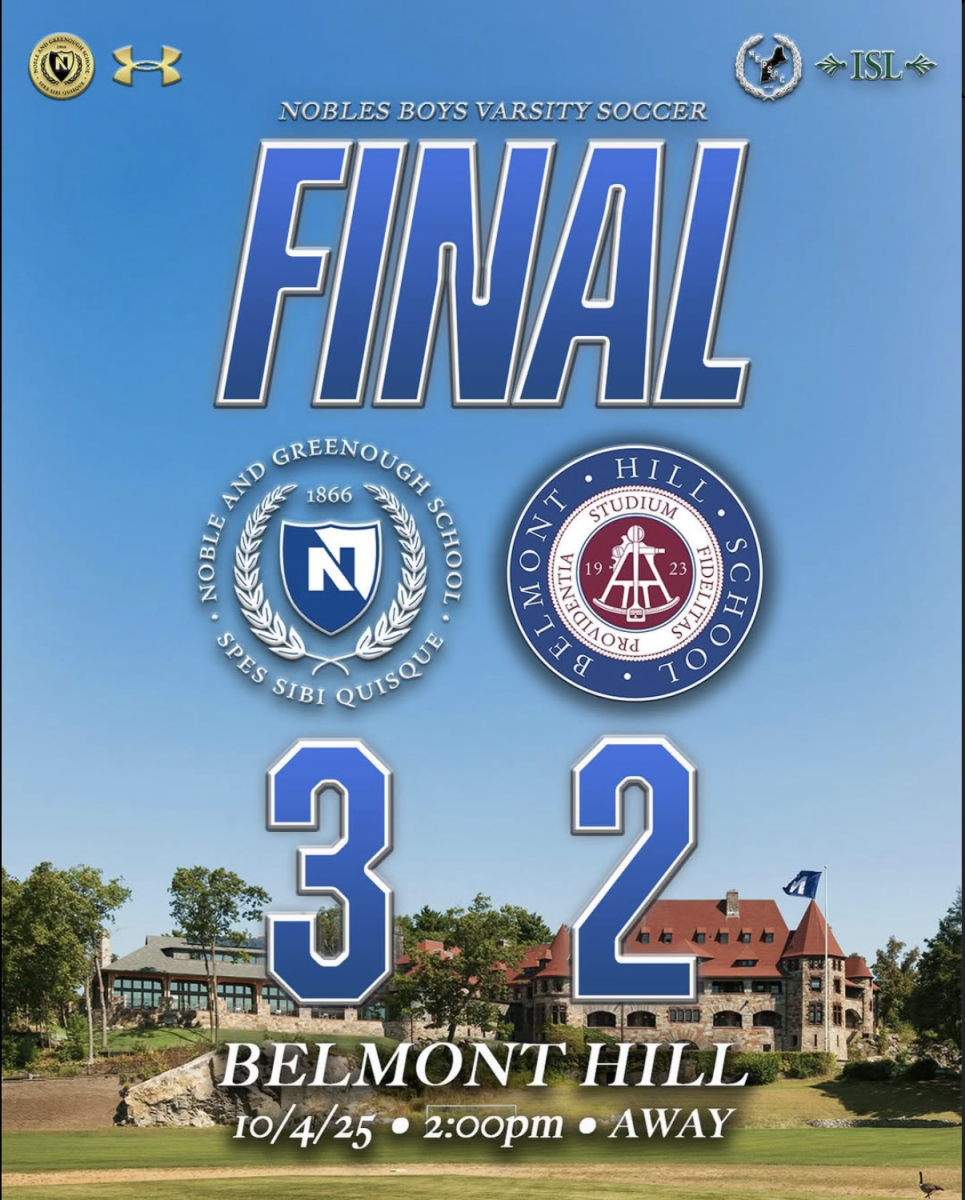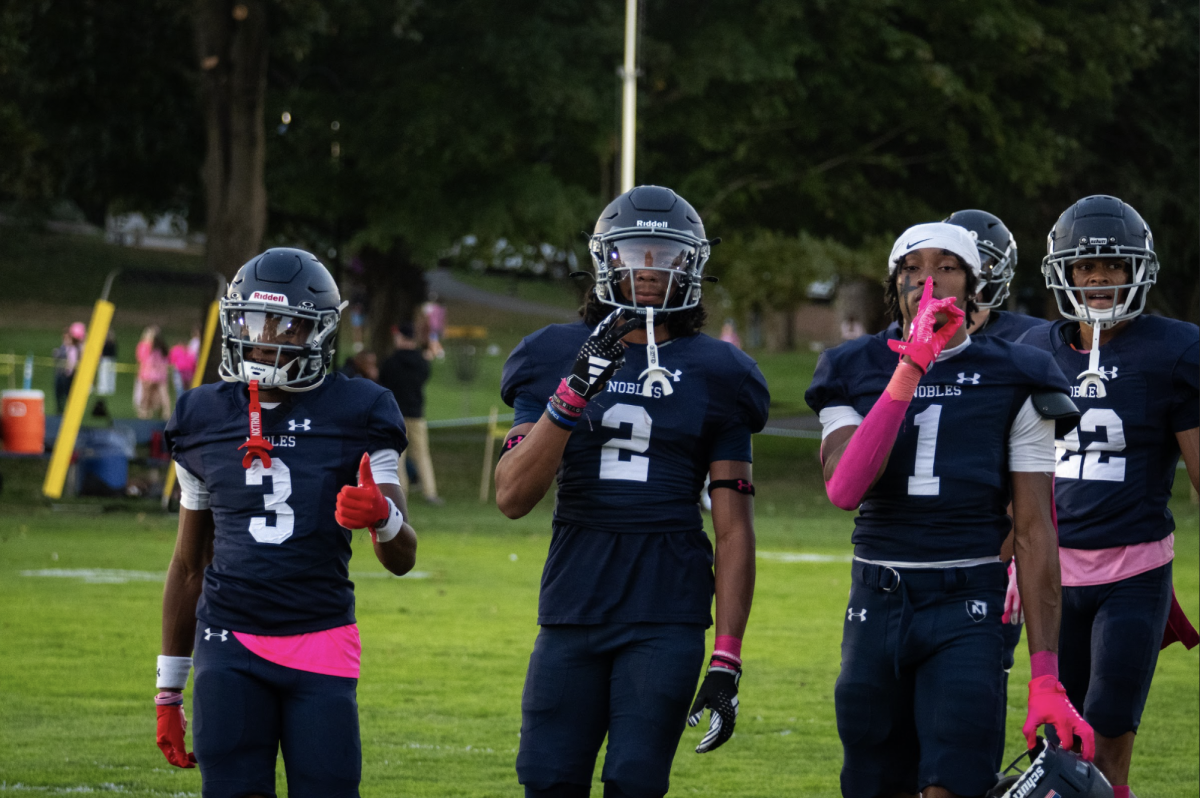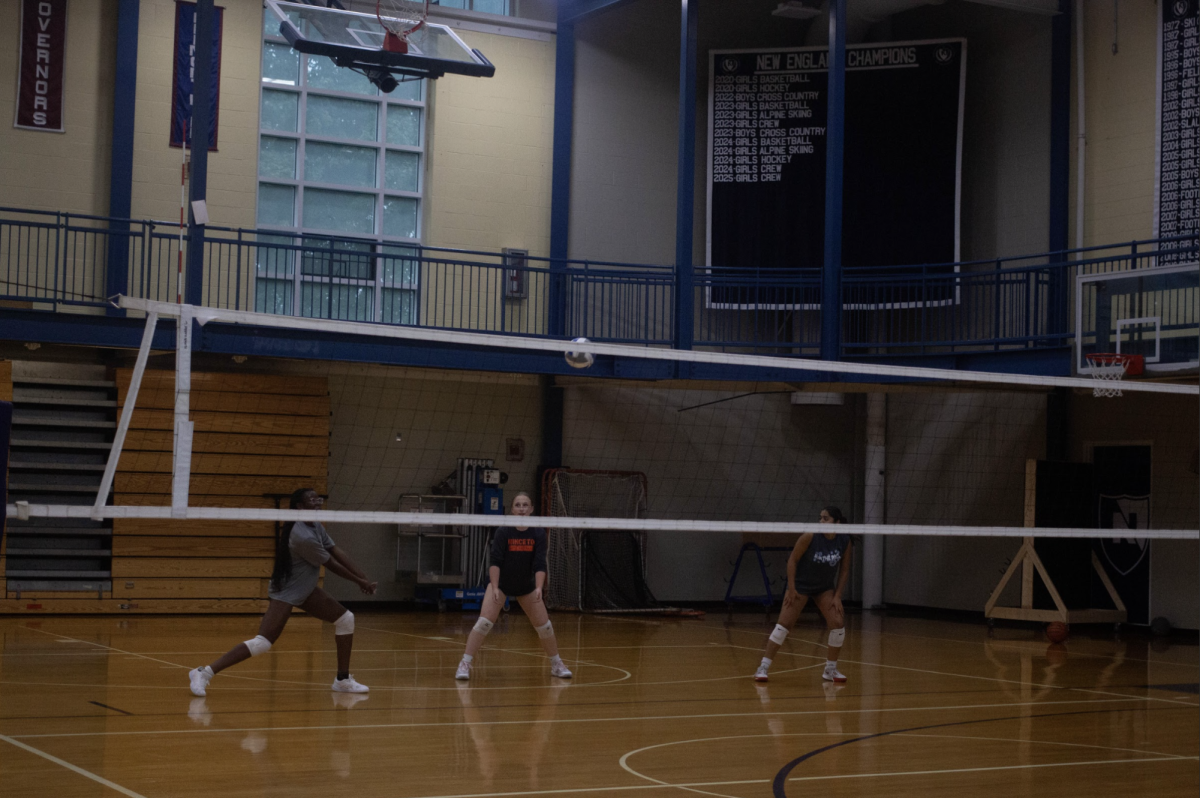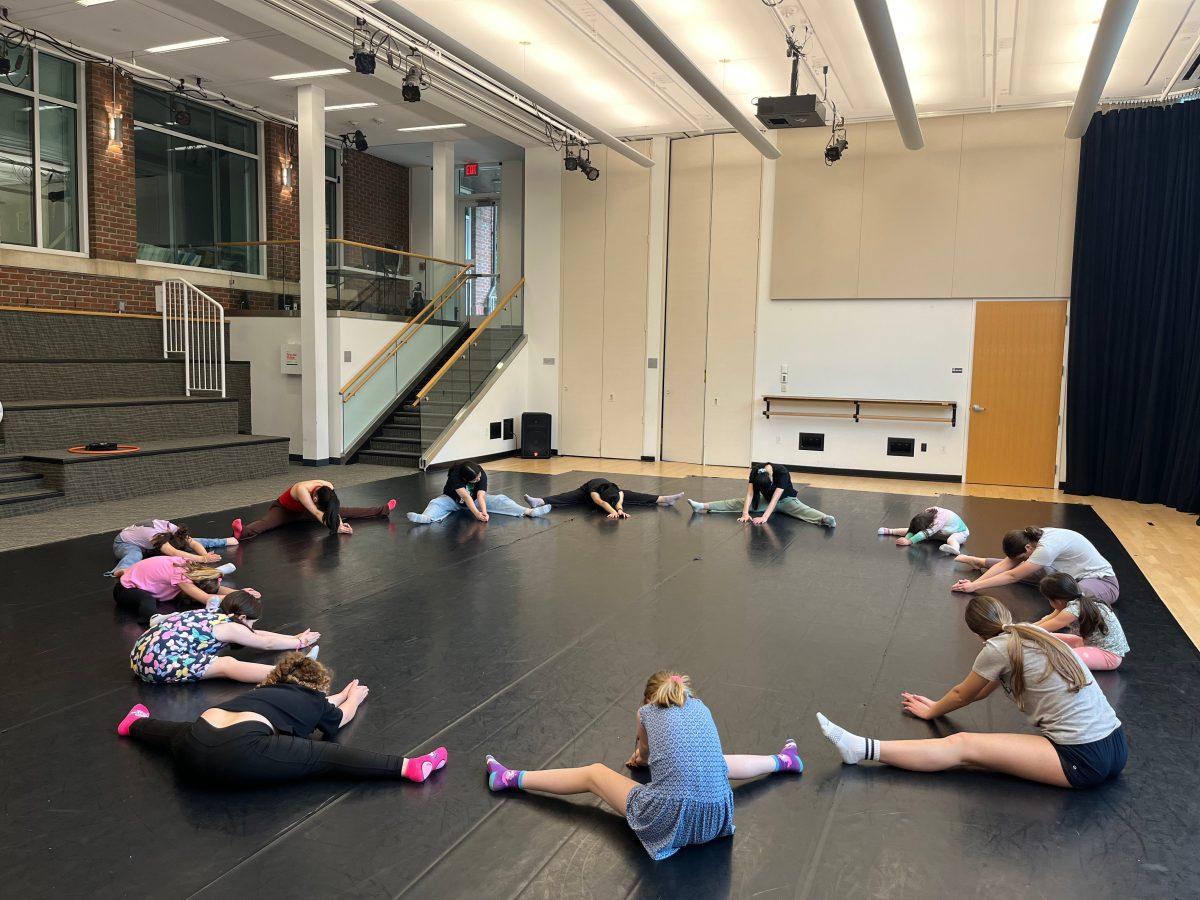As students return to the rapid pace of academics and sports at Nobles, student-athletes are beginning to develop routines and find their rhythm. Time management is a skill that every student-athlete must attain, as the buildup of school work and athletic commitments can quickly become unmanageable.
Students’ productivity often comes from the pressure of maintaining their demanding athletic training while staying afloat in Nobles’ rigorous academic culture. Ava Newman (Class I), a three-sport varsity athlete, finds that her workload inspires her to be more productive throughout her seasons.
“I’m so short on time and I need to be so efficient that I do the best [in season], because I’m under pressure to do well,” Newman said.
This pressure goes further for some student-athletes, with their commitment to the sport dependent on their academic success.
“My parents hold me to a standard, and if I don’t meet their expectations, they won’t let me play,” Varsity Football co-Captain Leo Meuse (Class I) said.
This obligation often motivates student-athletes to stay on top of their work throughout their primary sports season. Newman, a Girls Varsity Basketball captain, mentioned not only feeling a responsibility to herself, but also to help her peers.
“I want everyone to do well, because then … everyone focuses more on playing, and during practice … they’re not stressed about [work],” she said.
While captains often feel this responsibility, younger players also recognize the importance of being on top of their work for the benefit of their team. Nico Gonzalez (Class IV) and Nathan Barrack-Anidi (Class IV) are two freshmen on the Boys Varsity Soccer team who understand their obligation to the team to get their work done.
“[Barrack-Anidi and I] try to be productive when we’re next to each other when we have free [periods],” Gonzalez said.
Teachers also attempt to balance their students’ academics and athletics. Educators often schedule deadlines on days after less demanding athletic schedules, for example, having a test on a Wednesday, a day following an infrequently scheduled evening, instead of a Thursday, a day that follows a night of games. Yet, the pressure to succeed in athletics and academics often encourages students to be more productive on their busiest days, and, conversely, become lazy with more time and thus be less efficient.
“Time is a luxury, and sometimes when you have more of it than you’re used to, you can become more wasteful of it … or just be a little slower getting off the starting block,” History Faculty and Girls Varsity Soccer Coach Beth Reilly (N ’87) said.
With less time, Reilly argues, students are more efficient and, in many cases, more successful.
To determine students’ opinions on this apparent contradiction, they were asked a broad would-you-rather question: would they rather have more work in-season and on game days, or more work when they have a longer duration of free time. Many faculty members seem to anticipate the second answer, yet students had mixed responses, even within a single team.
Varsity Football lineman Jameson O’Neill (Class II) expressed a sentiment shared among numerous athletes: “Different sports [have] different answers, but at least for football, having less work [during my season] is definitely easier, because I can take more time on recovery,” O’Neill said.
Yet, Braylen Jenkins (Class II), a wide receiver for the team, had a different view: “I’d rather have more work in-season, because it makes me feel like I actually have to do it,” Jenkins said.
Jenkins was not alone in his stance, and his experience poses a question as to how teachers should assign homework to recognize students’ athletic pursuits. Though some shared O’Neill’s hope for less work during busier days, many others expressed the view that more work on busier days would make them more productive, and, in many cases, more successful. Field hockey goalie Rachel Train (Class II) agreed with Jenkins’ stance, highlighting a difference in her grades during her primary athletic season.
“I perform better in my athletic season, because … I definitely consider [that I have less time], and I know I need to spend [my free time] on work,” Train said.
Siena Sage (Class I) shared another view, arguing a position between those of O’Neill, Jenkins, and Train.
“I would prefer a consistent amount of work so that I can be as productive as I need to be,” Sage said.
This idea holds some weight, as an equal distribution of work across weekdays would allow students to plan their schedules accordingly.
These divided opinions make it difficult for teachers to know precisely how and when to assign work. Yet, the majority of students being more productive on their busier days may encourage teachers to take advantage of their students’ increased efficiency and organize their assignment deadlines differently.

